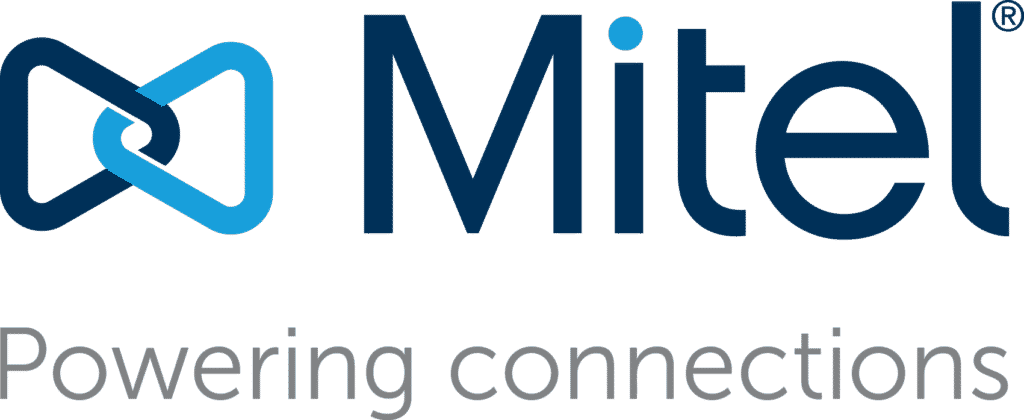National Stress Awareness Day, observed on the first Wednesday of November, is more than just a day—it represents a movement. Sponsored by the International Stress Management Association (ISMA), a registered charity dedicated to advancing understanding about stress, the day is a culmination of efforts to bring to the fore the implications of stress on our personal and professional lives. Founded by Carole Spiers, the chairperson of ISMA, the day aims to heighten public cognizance about recognizing, managing, and minimizing stress. Through scientifically-backed strategies, ISMA educates both employers and employees on tackling stress in the workplace and inculcating organizational programs tailored to this end. Their exhaustive guides enable individuals to oversee stress management, prioritize health, and augment day-to-day performance at work.
Chronic stress, an unrelenting state of heightened stress over extended periods, poses severe health risks. From hypertension and heart diseases to weakened immunity, diminished sociability, and reduced mental agility, the repercussions of untreated stress are manifold and severe.
The IT sector, particularly roles encompassing cybersecurity, is no stranger to the pressures and demands that induce stress. In a world heavily reliant on technology, the responsibility of ensuring seamless operations, safeguarding sensitive data, and mitigating cyber threats falls on the shoulders of IT professionals. These responsibilities, combined with the rapid pace of technological advancements and the perpetual race against time, can lead to significant stress.
10 Tips to Alleviate Stress for IT Professionals:
- Structured Breaks: Regular short breaks during work can rejuvenate the mind. Consider the Pomodoro Technique—a time management method that entails working intensely for 25 minutes followed by a 5-minute break.
- Physical Activity: Incorporate regular exercise into your routine. Even a short walk can help clear the mind and reduce tension.
- Stay Updated: Given the fast-evolving nature of IT, continuous learning can alleviate the stress of feeling left behind.
- Open Communication: Foster an environment where concerns can be voiced. Discussing challenges with peers or superiors can offer new perspectives.
- Mindfulness and Meditation: Techniques like deep breathing, meditation, and mindfulness can significantly lower stress levels.
- Setting Boundaries: It’s essential to delineate work and personal time, especially with remote working becoming more prevalent.
- Prioritize Tasks: Use tools and methodologies like Kanban or Scrum to manage tasks efficiently.
- Stay Connected: Building strong interpersonal relationships at work can provide a support system during challenging times.
- Seek Professional Help: If stress becomes overwhelming, consider seeking assistance from a therapist or counselor.
- Continuous Feedback: Regular feedback from superiors and peers can help in understanding areas of improvement, reducing the stress of uncertainty.
As we observe National Stress Awareness Day, especially mid-week when stress levels can peak, it’s an opportune moment for individuals and organizations alike to introspect. Understanding that stress management is pivotal to achieving peak performance is the first step towards a healthier, more productive work environment.






















